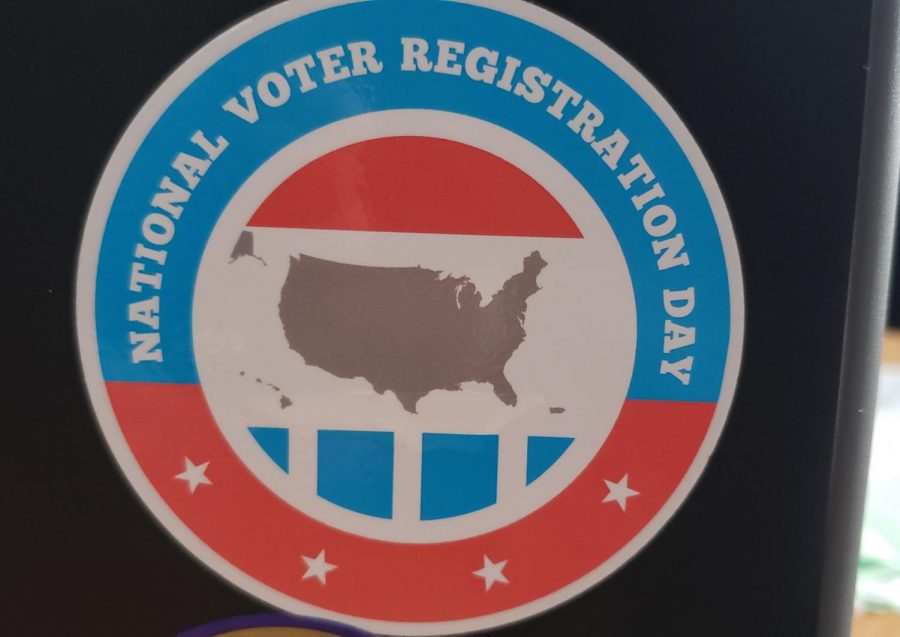How Bernie came up short again
Sanders reliance on his committed youth vote wasn’t enough
Former Democratic presidential candidate Senator Bernie Sanders suspended his campaign on April 8, marking the second time he has missed the mark in the Democratic primaries.
Sanders gained an early advantage by nearly winning the Iowa caucus with Joe Biden in fourth place; this victory has been riddled with controversy over technical glitches that could exist within the voting system. Sanders managed to secure wins in New Hampshire and Nevada with Biden slipping behind until the first Super Tuesday came about. Biden began to have blowout wins in the majority of states, surging his delegate lead to more than 300 over Sanders.
There are both straightforward and complex answers as to why Bernie ended up losing momentum despite his initial popularity in the primaries.
This can be traced back to the 2016 primaries when Sanders built a committed following of primarily younger age groups who poured money into his campaign; he ultimately fell short to Hillary Clinton, who had more centrist ideas and connections to the White House. With that, she had more backing from black, southern and older voters. Sanders received very little endorsements from other elected democrats as well.
As for 2020, the similarities between how Sanders fell off-course in 2016 are strikingly similar. He still was unable to succeed in earning the commitment of most minority groups, white voters with a college degree and older voters. It can’t hurt to mention that Biden has deep roots in the White House as well.
Although Sanders still managed to earn millions of voters in the primaries, Democratic voters perhaps saw some flaws in Sanders himself.
On the ballot, he was listed as a democrat, despite identifying as an independent which supports his ideals of socialism. The U.S today is not geared towards more socialist ideals which Sanders has been known for throughout his political career. Finding the balance between that ideology and a more favorable central one created a struggle within the Sanders campaign.
There is no doubt that Sanders had created a young, loyal following like no other, but it just wasn’t enough to earn the chance to face up against Trump. The primaries set that in place. Sanders had not earned the trust of other democratic rivals and couldn’t appeal in some fashion to all voter groups, holding him back from earning the nomination twice.
Given the current situation in the world, it may have been easy to forget that the presidential election is in November. Make sure to use your voice and vote if you’re eligible.


